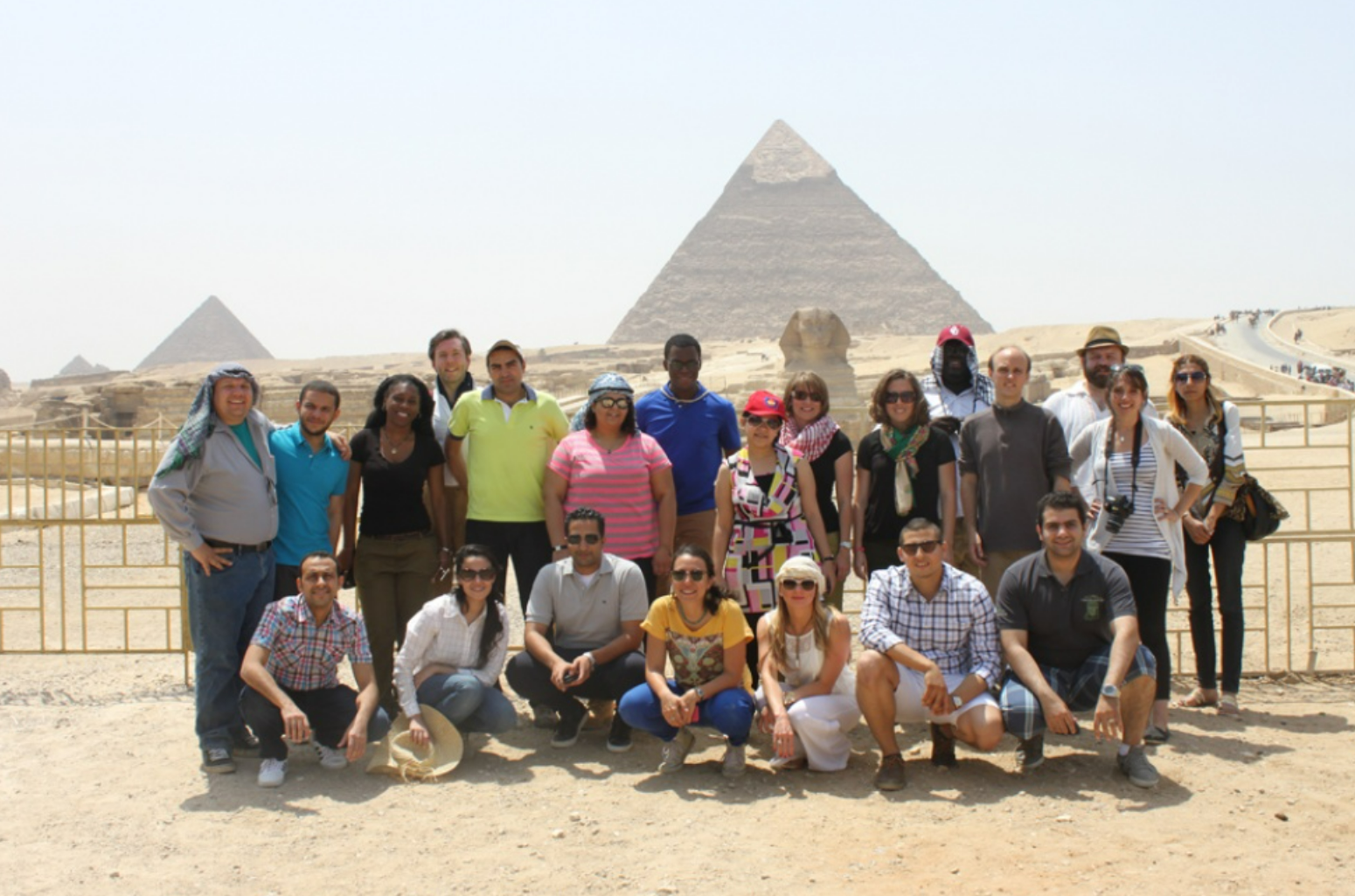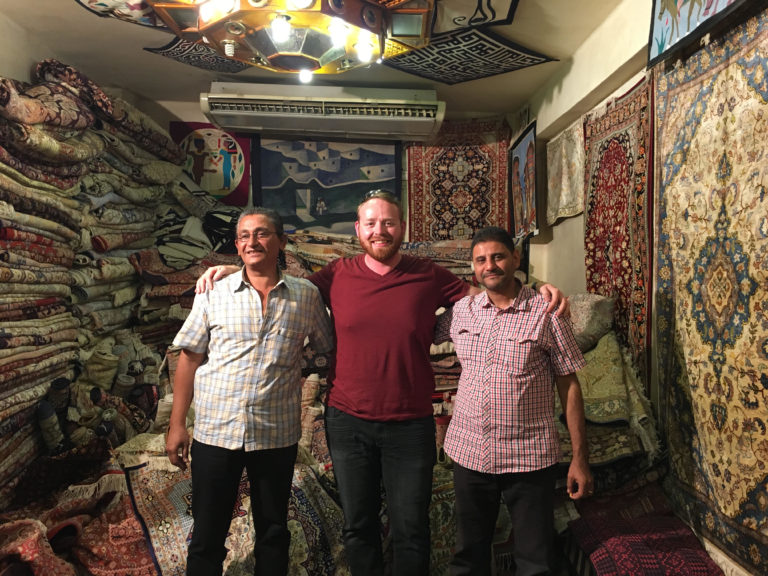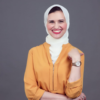Every new world incident proves to us – people in the Middle East – how far from the truth our depiction in the western media is, and by consequence, in the eyes of the average American or European citizens, which in turn means that any voting for a president with an unjust Middle East Policy would pass smoothly as we’ve witnessed in the past. Politician-to-politician initiatives can sometimes work, but what’s more crucial is the citizen diplomacy initiatives, and that’s a solution one Egyptian businessman has been working on successfully for years now.
Shafik Gabr, an Egyptian businessman and philanthropist, founded the Gabr Fellowship in 2013 to foster greater understanding and build bridges between young leaders from the United States and the Arab world. The fellowship brings together a diverse group of young leaders from various fields, including business, academia, and the arts, for a two-week cultural exchange program that includes visits to Egypt and the United States. During the program, fellows participate in workshops, lectures, and discussions on various topics related to the Middle East, such as politics, culture, and history.
I am one of the Egyptian fellows myself, but I was curious to know if the fellowship really succeeded in changing how our fellow Americans viewed the Middle East. The dear fellows who participated in this interview weighed in with their opinions and proved the impact of the fellowship.
Kevin DeWar, who works as a Head of Growth at FanBants, a pioneering African fantasy sport, told me how he felt the similarities between the Egyptian & American people: “When I walked the streets of Cairo, I saw lively streets filled with enterprising merchants, families and people eager to improve their status in life. In America, many of us are taught to believe some of these are uniquely American qualities, which is false. The welcoming nature and vitality of the people of Egypt inspired me. My view of the Middle East changed as much as it allowed me to better empathize with the Egyptian people and have a more holistic view of how we’re all connected.”
Jeremy Pesner, a technology policy analyst, echoed the same idea: “The experience of getting to know so many Egyptians helped me to understand just how significant a role it plays in the region… but while Egypt does have some unique social and political concerns, at the end of the day, most of what the people and government want is the same as us – good jobs, plenty of opportunity and secure futures. So, we’re ultimately more alike than different.”
In some ways, the fellowship was a crash course about Middle East affairs in general and Egypt in particular, something that helped fellows get a better context about the region. Leah Moschella, Senior Director of Partnerships at Wadhwani Foundation, said, “The Gabr Fellowship, and the fellows that I met, encouraged me to explore the modern complexity of Middle Eastern society, politics, civics, and industry. Additionally, it enabled me to de-center the US in my understanding and rather consider the complex relationship among countries and economies within the region, with Africa, Europe, and Asia.”
Moschella’s experience in the fellowship and her many travels in the MENA region allows her to be some sort of an ambassador of the region vis-à-vis someone, for example, who has never had a conversation with an Arab person, “I do believe that I can have more informed conversations with family and friends. I am able to create direct connections with individuals living in the region and share personal stories. Many of my friends and colleagues work in education, and it has been helpful to connect US-based educators to resources and people to share direct experiences with US classrooms.”
The fellowship also changed the perspective of many fellows regarding the impact of American foreign policy on the region. DeWar explained this concept: “I’m now more aware of the impact US elected officials can have on people abroad. The US media can often desensitize us to the impact of our policies. Hearing from Egyptian leaders about how our policies affected life in Egypt, and seeing it with my own two eyes, added a level of gravity that, frankly, was absent from my thinking before the Gabr Fellowship.”
The interactions with the Egyptian fellows and people in the streets of Cairo, Alexandria and Luxor were the most memorable for almost all the American fellows I interviewed. I believe such genuine connections were in themselves crash-courses about the country and its people, and perhaps the interaction of fellow Judson Moore, Senior Product Manager at SoSafe for cyber security awareness, with an Egyptian seller describes this best: “I was negotiating the prices of souvenirs with the owner of a bazaar in Luxor, when I told him that we had a deal on the condition that he would invite me for tea. He was quite surprised by the request but was joyed to do it. I spent about an hour sitting and talking with him and his assistant about the state of affairs in Egypt. He more or less validated everything that all the VIPs I met during my 2 two weeks of the fellowship around Egypt.”





